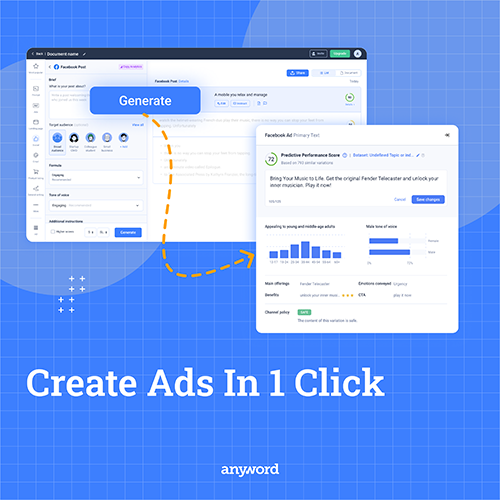As I have become older, and busier, and more distracted in my work and home life, my capacity for making decisions has felt really challenged, and from my conversations with colleagues, it seems I am not alone in that challenge. There are a number of things that can get in the way of making decisions.
I often say to my clients…’people don’t tell the truth and they don’t know what they want’. This is not intentional, but our natural cognitive bias and subjectivity get in the way. We are not good at challenging and stretching our thinking (which is why having a great coach is invaluable) so what we think we want and have articulated is often not quite right and there is a need to reflect deeper.
Another of our human challenges is our relative incapacity to manage complex and conflicting data, or simply volume of information inside our heads. When it gets too much, it’s overwhelming and the brain interprets this as threatening and pulls back it’s thinking in favour of protection.
Thirdly, our need to be ‘accepted’ is one of our strongest human motivational drivers, and the risk of making the wrong decision, or a decision that might negatively impact the favourable perceptions of others toward you, even if that risk is very low or indeed if the decision is necessary, will evoke an avoidance response and procrastination will ensue.
Here are three ideas you might like to consider in order to improve your decisiveness.
Figure Out What You Really Want
This is actually quite a tough one to do on your own, but take some time to reflect on the real outcome you are looking for. It may be useful to ask these questions of yourself:
- What are my big picture goals that relate to this, and to my life/career/role? Can I articulate them in one or two sentences?
- Is there a specific dilemma that is causing the need for this decision? Can I articulate it in one or two sentences?
- How do I feel about this issue and how do I want to be feeling around it?
- If resources were endless and there were no risks, would the decision be easier? If so, what are those risks and resource constraints and are they fixed or can they be managed?
- Is my gut/intuition telling me something that I’m not listening to?
- So, in one sentence, what is the specific decision I am needing to now make?
Investigate All The Options
Make a long list of options and alternatives. Consider including the options of doing nothing, going with your gut, and also the not so palatable ones like making the unpopular decision. Your first options will be the obvious ones…then ask yourself the following questions
- What else could I do?
- What else could others do?
- What would Richard Branson do?
- What would X (important person you respect and admire) do?
Kill Off Choice
We live in a sophisticated, privileged and complex world with many, many options and choices. It’s overwhelming.
The latin word for decision literally means ‘to cut off’…or ‘to kill off’. Think about other words with that etymology…pesticide, suicide, genocide, insecticide…and fungicide (yes, that’s a word!).
Cutting off choices sounds severe, but is not liberating, it’s limiting. Making a decision frees you from the shackles of endless choices so that you can get where you want to go.
First list your options then connect back with your desired outcomes and bigger picture goals, and try to reduce the options to a maximum of 3…or less.
Hypothesise and Experiment
Your brain is not designed for, nor good at, absolutes. Your thinking comes from networks that are constantly active across all areas of your brain – an electrical storm of firing and connecting. The concept of stop, start and continue is more difficult than you think, the stop and start bit in particular. It’s a bit like when you don’t feel like going to a party or an event – it’s a real effort to go and would be much easier to just sit at home and watch TV, i.e., hard to get started. However, often, when you do make the effort you have a great time and then don’t want to come home – i.e. hard to stop!
Your brain loves to stay in it’s comfort zone because that is both non-threatening, and therefore energy efficient, both of which are of vital importance to your brain.
One way to overcome this is to adopt an experimental mindset – like a hypothesis. After gaining clarity, investigating the options, killing off choice, and connecting the most useful option to the desired outcome, you can then articulate the experiment that you (and possibly your team) are about to enter into.
“I have decided that we should ….my thinking behind that decision is …..l expect the outcome to be….but let’s treat it like an experiment and review it in two weeks to see if it has been the right decision”.
Pressure off…brain happy…you can move on to the next decision knowing that it’s not an absolute and reducing the risk of failure and humiliation.























